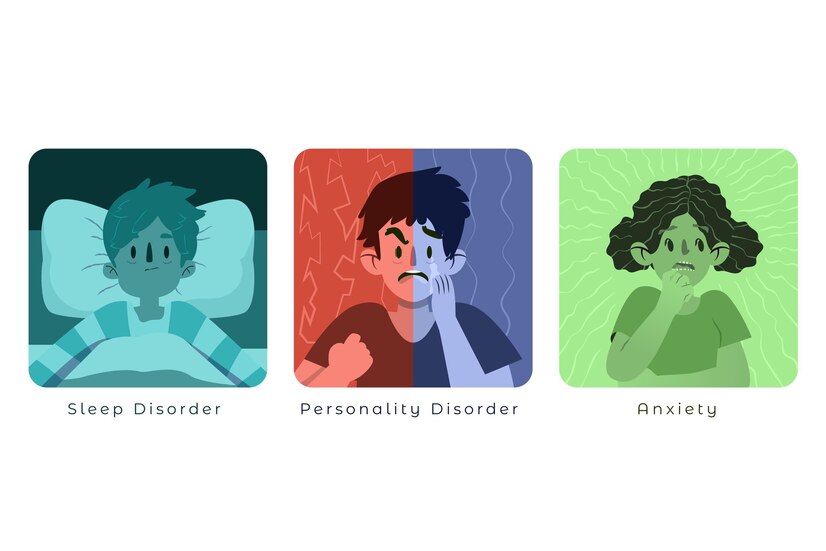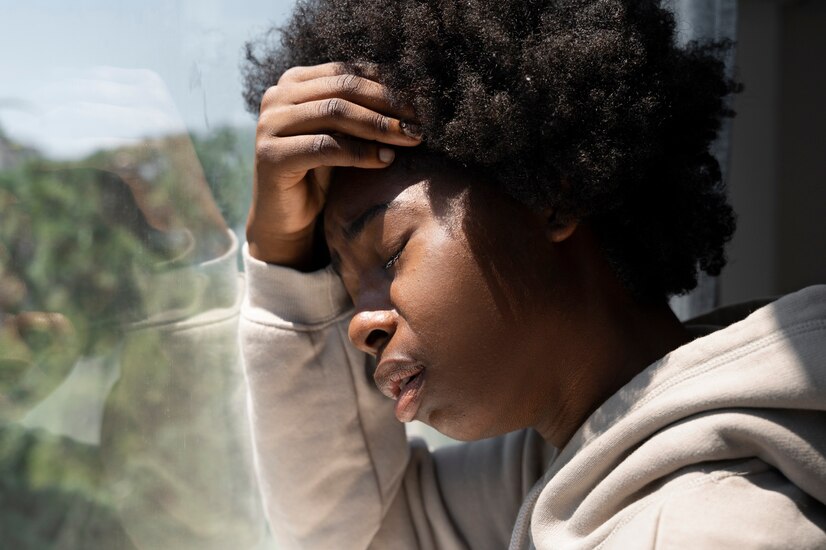Table of contents
Post-Traumatic Stress Disorder (PTSD) is a debilitating mental health condition that affects millions of people worldwide. Often triggered by a traumatic event—such as war, abuse, an accident, or extreme stress—PTSD can significantly impact an individual’s quality of life. Traditional treatments like therapy and medication can be effective, but many people are now exploring natural alternatives, including CBD.
In recent years, there’s been a surge in interest surrounding the use of CBD for Traumatic Stress Disorder as a complementary or alternative therapy. But how effective is it? Can it really help calm the chaos of a mind that’s been through trauma?
Let’s explore what science and personal experiences are saying about the potential of CBD to support PTSD recovery.
What Is Post-Traumatic Stress Disorder?

PTSD is a mental health condition triggered by experiencing or witnessing a traumatic event. People with PTSD may relive the trauma through flashbacks or nightmares, experience severe anxiety, avoid certain situations, and suffer from emotional numbness or depression.
Common symptoms of PTSD include:
- Flashbacks and intrusive memories
- Nightmares and sleep disturbances
- Emotional numbness
- Hypervigilance or feeling “on edge”
- Irritability or mood swings
- Avoidance of reminders of the trauma
PTSD can affect anyone—combat veterans, accident survivors, abuse victims, or even those who have experienced natural disasters.
How CBD Might Help with Traumatic Stress Disorder

CBD, or cannabidiol, is a non-psychoactive compound derived from hemp. It doesn’t produce a high like THC, but it interacts with your body’s endocannabinoid system (ECS)—which plays a crucial role in mood regulation, stress response, memory, and sleep.
Here’s how CBD may assist individuals dealing with Traumatic Stress Disorder:
1. Reduces Anxiety and Hyperarousal
CBD has been shown to interact with serotonin receptors in the brain, which can help reduce anxiety—a key symptom of PTSD. Studies suggest that CBD can decrease hypervigilance and help individuals feel calmer in triggering situations.
2. Improves Sleep and Reduces Nightmares
Sleep disturbances are common among PTSD sufferers. CBD’s calming properties may help users fall asleep faster and stay asleep longer, while also reducing the frequency and intensity of nightmares.
3. Enhances Emotional Regulation
By balancing neurotransmitters, CBD may help people with PTSD manage sudden mood changes, emotional outbursts, or feelings of detachment.
4. Decreases Traumatic Memory Recall
Some research indicates that CBD might help “reconsolidate” traumatic memories, essentially reducing the emotional charge they carry and making them less distressing.
5. Non-Addictive Alternative to Pharmaceuticals
Many people turn to antidepressants or anti-anxiety meds for PTSD—but these often come with side effects or dependency issues. CBD offers a gentler, non-addictive option.
How to Use CBD for PTSD Symptoms
If you’re considering using CBD to support PTSD recovery, here are a few methods to consider:
- CBD Oil/Tinctures: Fast-acting and easy to adjust dosage
- Capsules or Softgels: Good for long-term use and consistent dosing
- Edibles (gummies, chocolate): Discreet and pleasant-tasting
- CBD Vapes: Rapid relief for acute anxiety episodes (use with caution)
- Topicals: May help reduce stress when used for massage or relaxation
Always start with a low dose and increase gradually, paying close attention to your body’s response. Consulting a healthcare provider is strongly recommended, especially if you’re taking other medications.
What the Research Says
While more studies are still needed, several promising findings support the use of CBD for Traumatic Stress Disorder:
- A 2019 study published in The Journal of Alternative and Complementary Medicine showed that CBD significantly reduced PTSD symptoms in 91% of participants over 8 weeks.
- Animal models suggest that CBD may disrupt the consolidation of fear-based memories.
- Anecdotal reports and case studies also point to CBD’s role in reducing anxiety, emotional dysregulation, and sleep issues in people with PTSD.
5 Frequently Asked Questions (FAQ)
No, CBD should be viewed as a complementary tool. It may help alleviate symptoms but should not replace professional medical treatment.
Some users feel a difference within 30 minutes (especially with tinctures or vapes), while others notice gradual improvements over several weeks.
CBD is generally well-tolerated. Mild side effects can include dry mouth, fatigue, or changes in appetite.
CBD derived from hemp (with less than 0.3% THC) is federally legal in the U.S. However, laws may vary by state and country.
Start with a low dose (5–10 mg) and increase slowly. Finding the right dosage can vary based on body weight, metabolism, and symptom severity.
Final Thoughts
The use of CBD for Traumatic Stress Disorder offers a new pathway of hope for individuals struggling to regain control over their mental health. While it’s not a cure, it can serve as a valuable part of a comprehensive treatment plan—alongside therapy, self-care, and lifestyle changes.
Whether you’re managing PTSD yourself or supporting a loved one through it, CBD may offer a gentle, natural way to find some much-needed peace of mind.





